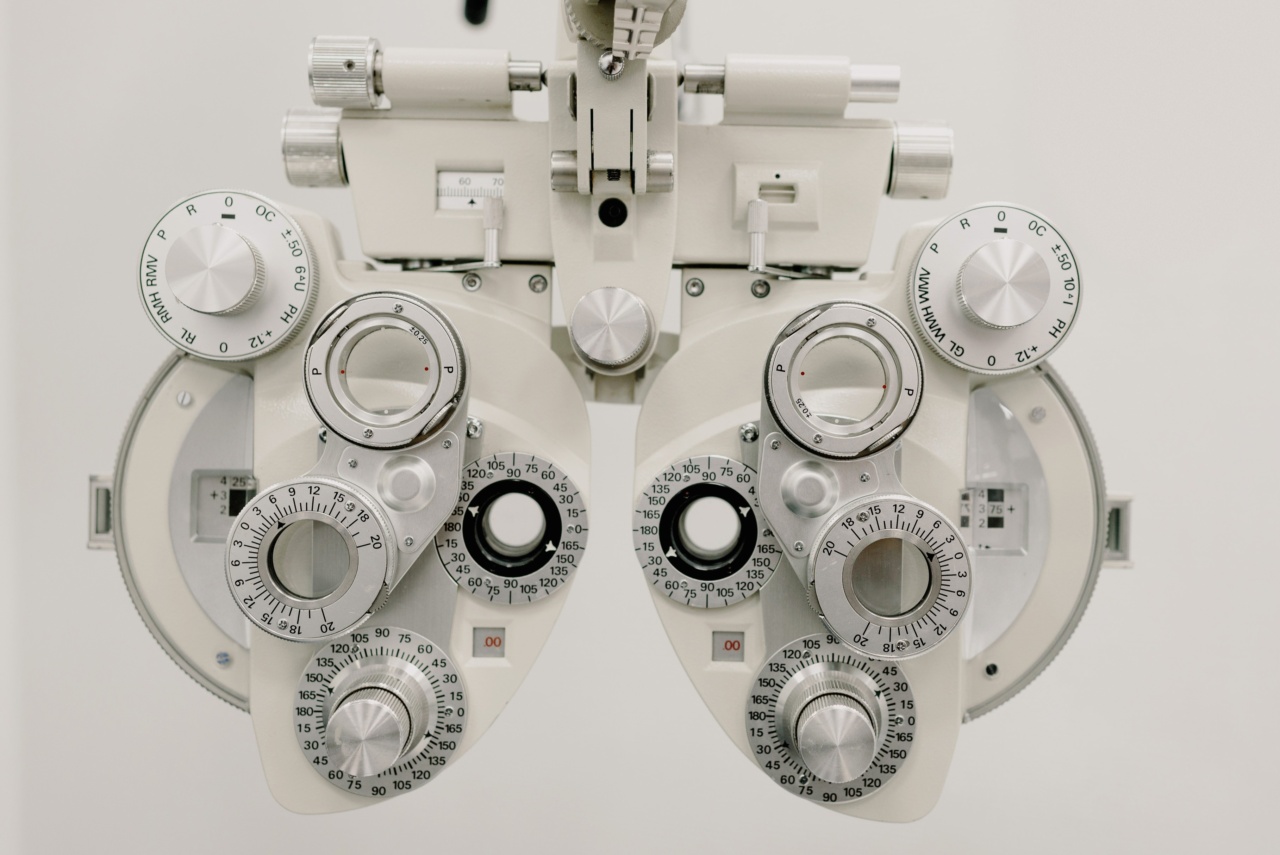The National Health Service (NHS) in the UK provides mental health services through clinics that offer various therapies and treatments.
However, these services have come under scrutiny due to long waiting times, inadequate resources, and poor quality of care. This article examines the current state of NHS psychiatric services and proposes reforms that could improve their efficiency and effectiveness.
Background
The NHS has been providing mental health services since its inception in 1948. Initially, psychiatric care was offered in large institutions that provided long-term care for patients with severe mental illnesses.
However, in the past few decades, there has been a shift towards community-based services that provide care closer to the patients’ homes. This approach aims to improve patients’ quality of life and reduce the stigma associated with mental illness.
The Current State of NHS Psychiatric Services
Despite efforts to improve mental health services, the NHS is still struggling to meet the demand for care.
According to a recent report by the Royal College of Psychiatrists, more than 1.4 million people in the UK are not receiving the mental health care they need. The report also found that waiting times for psychiatric services have increased in recent years, and many patients are not receiving timely or appropriate care.
The Challenges Faced by NHS Psychiatric Services
There are several challenges that NHS psychiatric services face. Firstly, there is a shortage of trained mental health professionals in the UK.
According to the Royal College of Psychiatrists, there are only 13.9 psychiatrists per 100,000 people in the UK, compared to an average of 23.9 in other European countries. This shortage of staff means that clinics are often understaffed, leading to long waiting times and poor quality of care.
Secondly, there is a lack of funding for mental health services. The NHS has been facing budget cuts in recent years, and mental health services have not been exempt from these cuts.
This lack of funding means that clinics are often under-resourced and unequipped to handle the demand for care.
Finally, there is a stigma attached to mental illness in the UK, which can prevent patients from seeking help. This stigma can also lead to a lack of public support for mental health services, making it difficult to secure funding and resources.
Proposed Reforms
To address these challenges and improve the quality of mental health services, several reforms are needed.
1. Increase Funding
The NHS needs to increase funding for mental health services to ensure that clinics are adequately staffed and resourced. This funding should be targeted towards community-based services that provide early intervention and prevention.
2. Recruiting and Retaining Mental Health Professionals
The NHS should invest in training and developing mental health professionals to ensure that there is a sufficient workforce to meet the demand for care.
The NHS should also provide incentives for mental health professionals to work in under-resourced or hard-to-reach areas.
3. Improving Access to Care
The NHS needs to reduce waiting times for psychiatric services by improving access to care. This could be achieved by increasing the number of clinics, offering more online or telephone consultations, and providing self-help resources for patients.
4. Addressing Stigma
The NHS needs to challenge the stigma associated with mental illness by increasing public awareness and promoting campaigns that encourage people to seek help.
The NHS should also work with schools, workplaces, and community organizations to promote mental health and well-being.
Conclusion
The current state of NHS psychiatric services is inadequate, and urgent reforms are needed to improve the quality of care.
By increasing funding, recruiting and retaining mental health professionals, improving access to care, and addressing stigma, the NHS can provide better mental health services and support for the millions of people who need it.






























